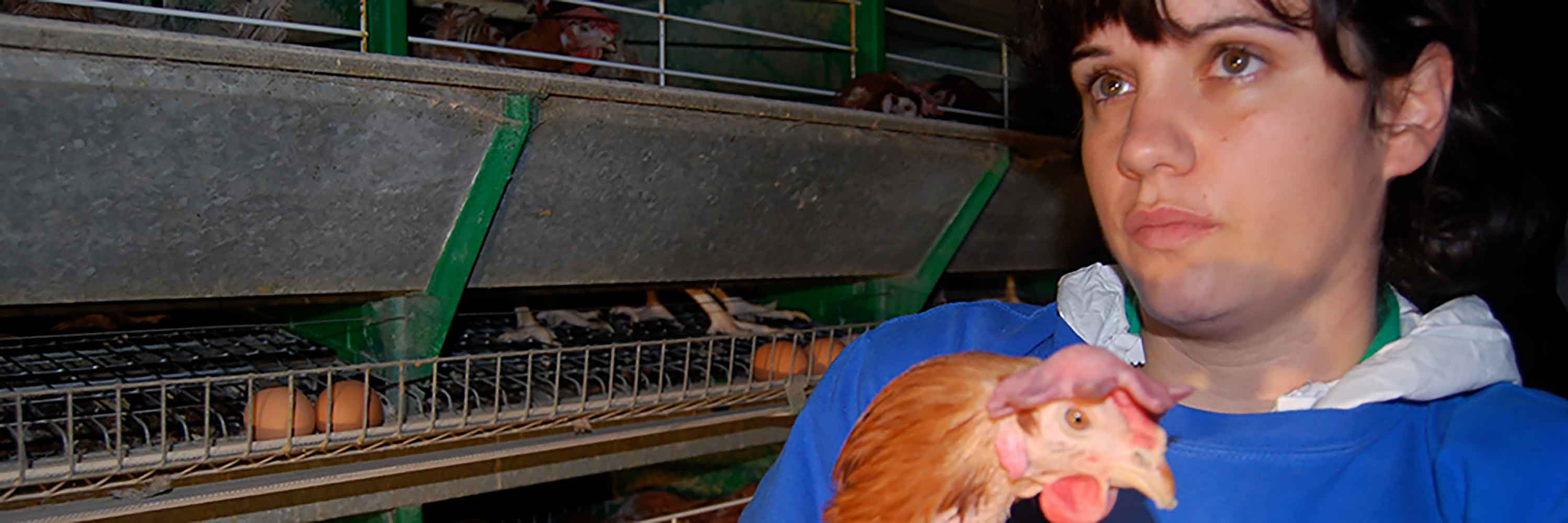
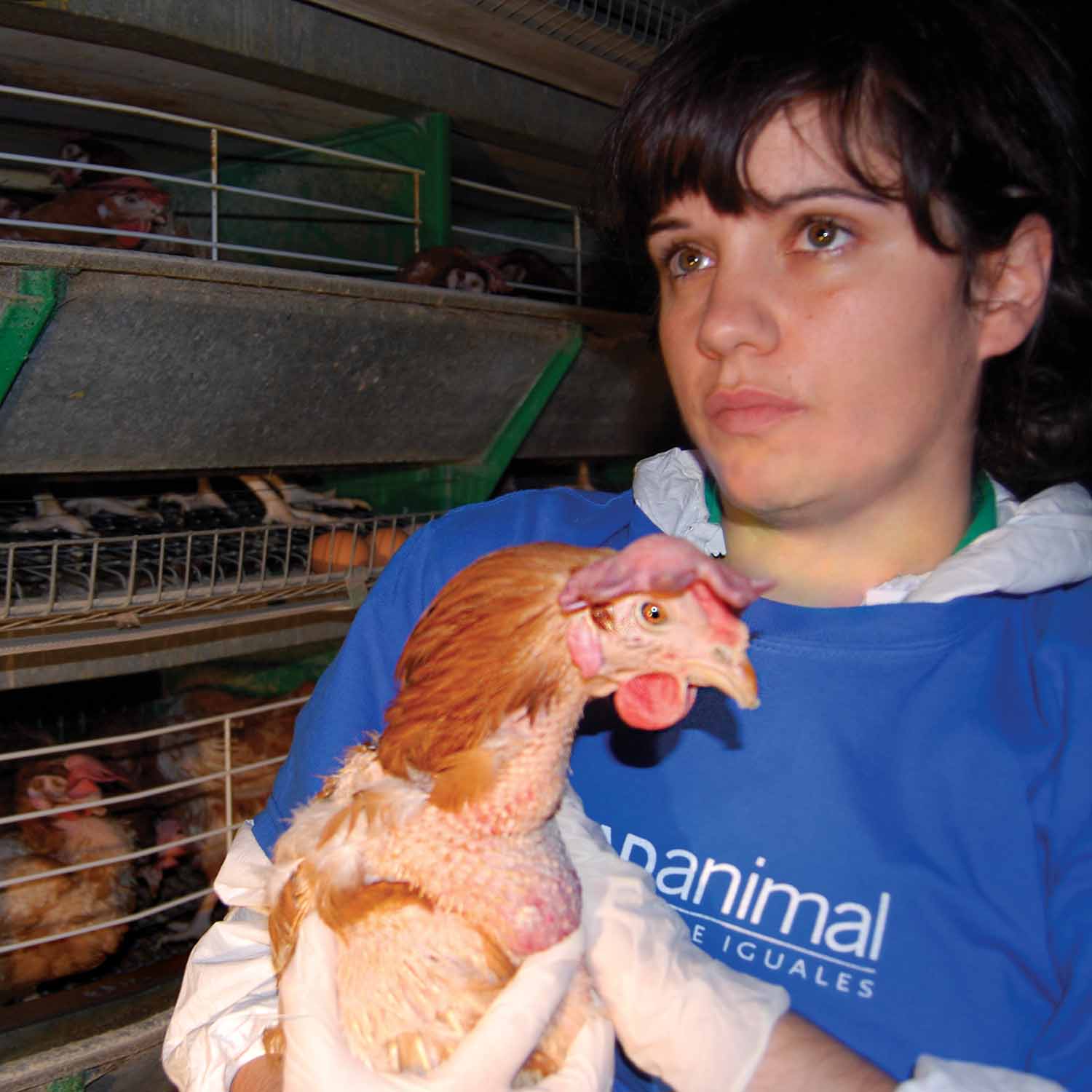
The Right to Live Without Suffering: Saving Animals With Open Rescue
In a world where the meat industry treats cows, pigs, and chickens as machines in food production, organizations like Animal Equality are working to end cruelty and give animals the life they deserve—a life without suffering.
From undercover investigations and ending some of the cruelest farming practices to creating and strengthening animal laws and promoting plant-based eating, the work of animal protection organizations is building blocks toward a kinder future. But while we take action toward a future goal, activists take immediate action that protects individual animals from suffering in the present: open rescues.
What is an Open Rescue?
Open rescues are an action taken by activists who take sick and s uffering animals from inside factory farms and provide them veterinary care and a safe home. While courts have upheld the legality of these rescues time and time again, it doesn’t stop the meat industry from attempting to prosecute these animal defenders.
Open rescuers document their actions through photos and videos, and openly reveal their identities and share their experiences with the public.
These actions have a profound impact on public perception. Activists can reach a broader audience by sharing unfiltered images and stories of animals rescued from dire conditions.
The History of Open Rescues
Animal Equality and open rescue advocates want to shed light on factory farming through action. It bridged the gap between consumers and farmed animals, encouraging a deeper understanding of the factory farming industry and a connection with the animals exploited in food production.
The ideology behind open rescues, a type of animal liberation action, is built on a few important principles:
- Helping animals: As the name implies, open rescues imply rescuing animals who can’t defend themselves.
- Non-violence: The activists avoid any possible confrontation as their main focus is to help the animals suffering in the farms and show other citizens the conditions in which they are forced to live.
- Openness: Helping those animals is ethically justifiable but the right thing to do.
- Educating: The rescues are communicated publicly via news outlets and social media platforms to raise awareness about the situation of animals and facilitate a dialogue about it.
Open rescue activists often draw parallels between their actions and existing laws that protect individuals who rescue animals from immediate harm, such as animals left in hot cars. They assert that these laws provide a legal basis for their actions, emphasizing the urgency of saving animals in distress.
However, the meat industry continues to seek prosecution of these individuals in an attempt to hide this suffering.
In 2017, activists entered a Utah pig farm owned by Smithfield Foods, a major pork producer, to expose animal cruelty. They documented their actions and posted footage online, rescuing two sick piglets and providing them with the veterinary care they needed and a safe home. Prosecutors sought theft and burglary charges, with potential lengthy sentences. The jury later acquitted them in a Utah trial, marking significant progress for the ‘open rescue’ movement.
Activists involved in this approach often work towards introducing or amending laws that recognize the rights of animals and advocate for improved living conditions.
Organizations like Direct Action Everywhere have made headlines for their recent open rescues in the United States, but the history of these actions in the US started decades ago with other organizations entering into factory farms and rescuing animals from them. The credit for its inception goes to Patty Mark, the visionary behind the Australian nonprofit Animal Liberation Victoria.
In the 1990s, she pioneered this movement by rescuing several chickens from an egg factory and disseminating the action on film. This approach has inspired activists worldwide, including Animal Equality, as we completed our first open rescue in 2007.
Animal Equality’s impact through open rescues
September 2007: Animal Equality rescued six piglets from a factory farm in Spain. One of them, Gracie, lived to be fifteen years old and became the oldest pig alive in the country. Her picture hangs in the home of the President and Co-founder of Animal Equality, Sharon Núñez, who participated in her rescue.
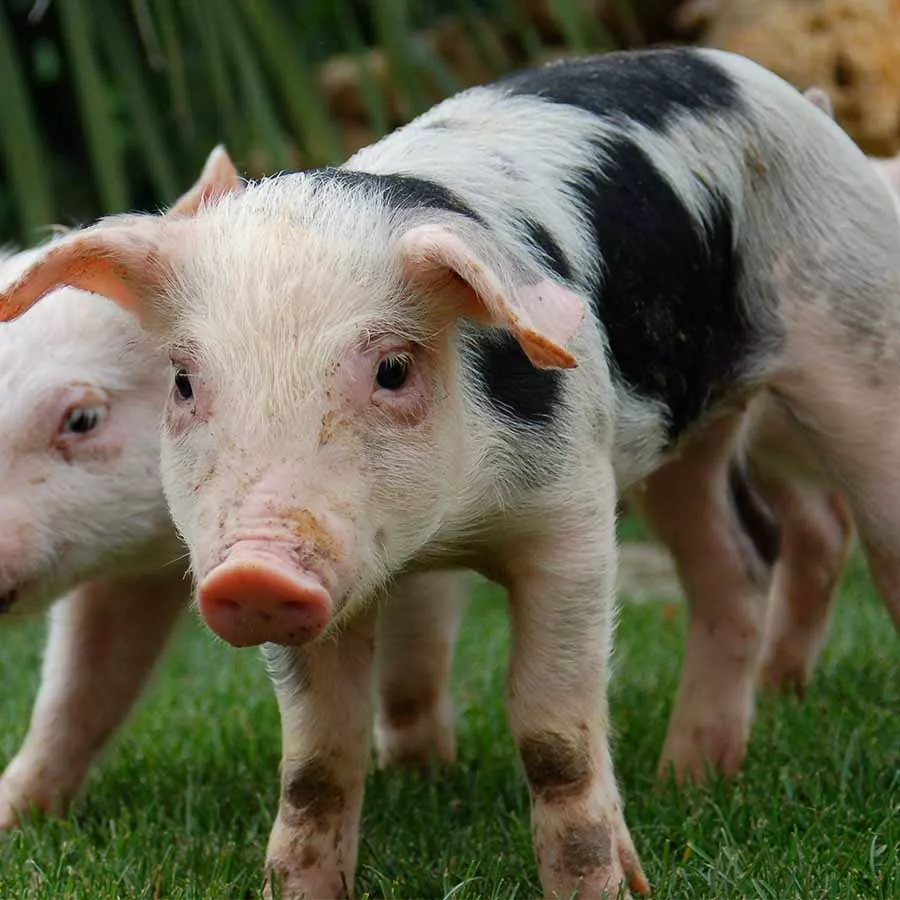
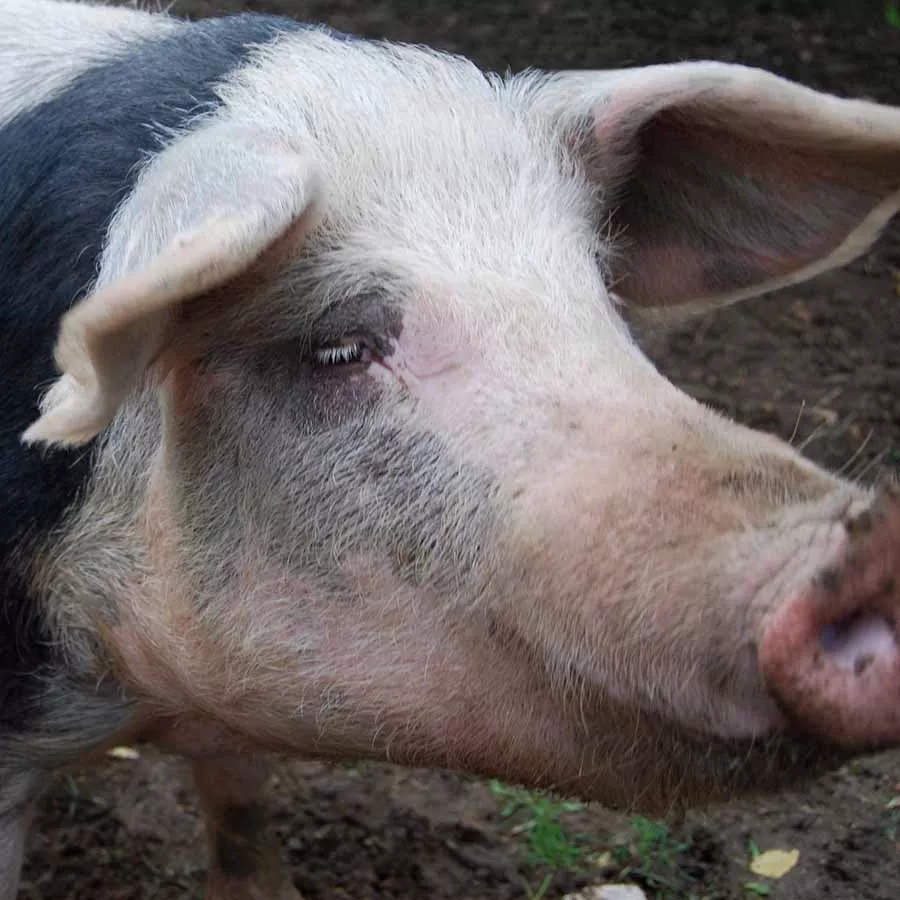
December 2009: On Christmas Eve, Animal Equality carried out its first open rescue of lambs in Spain. This rescue was not only an act of kindness but also a historic moment, as it became the first open rescue live-streamed through internet to thousands of viewers.
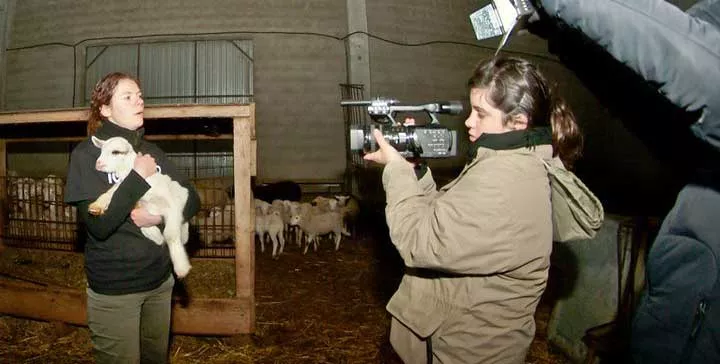
September 2010: Animal Equality activists rescued five hens from a farm housing 160,000 animals.
These hens were food-deprived and lived in the darkness as part of the forced-molting process. Farmers do this to hens to stimulate another egg-laying cycle before they are sent to the slaughterhouse. These animals develop nutritional deficiencies and suffer damage to their liver and other organs, and lose so much calcium that their bones become fragile and break easily. Many die during that time.
The egg farm had eight rows of battery cages per side of the corridor. Inside the cages, six hens would spend up to 13 months in them. Each bird only had a living space the size of a sheet of paper. Animal activist and photographer Jo‑Anne McArthur joined Animal Equality in this rescue and documented the entire action.
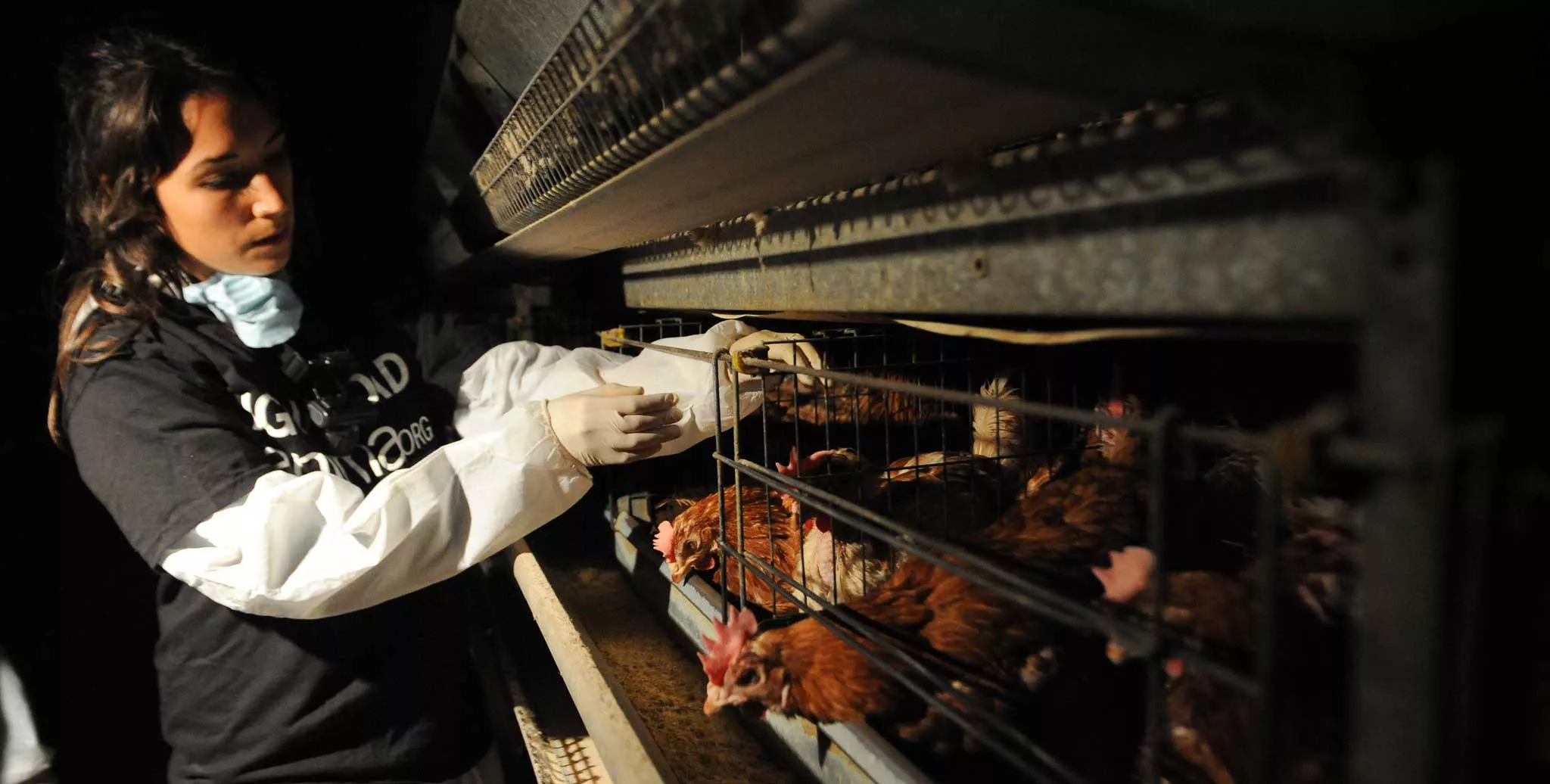
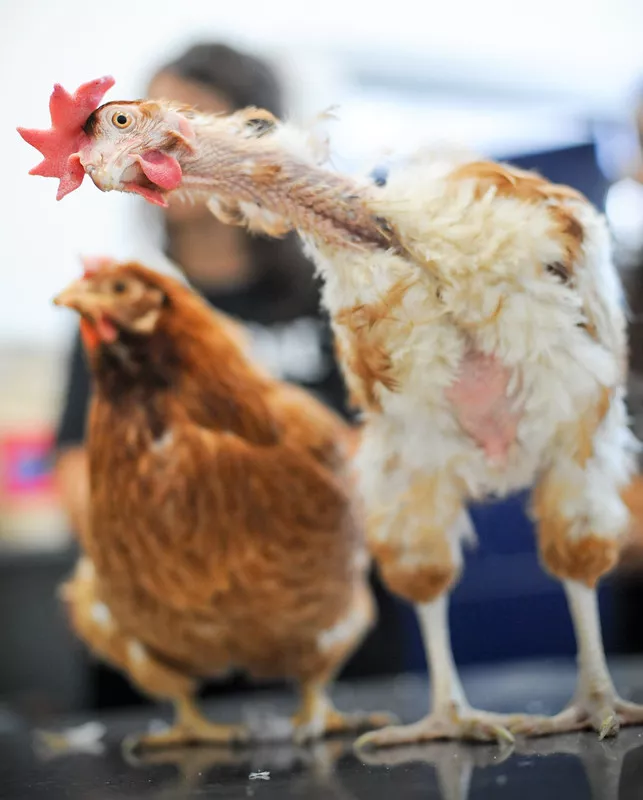
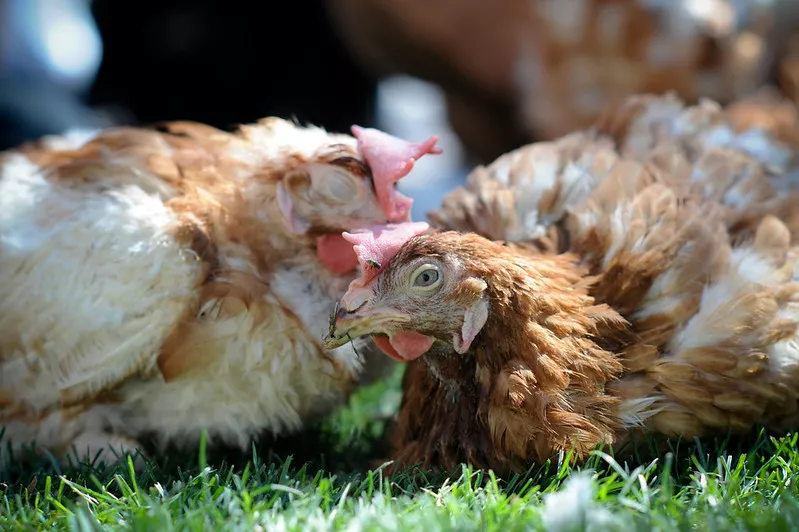
September 2013: This momentum continued when six hens were rescued from an egg factory farm in Germany.
November 2014: Animal Equality rescued two lambs from the meat industry. The rescue operation resulted in the rescue of a lamb named Basilico, who was given a second chance at life.
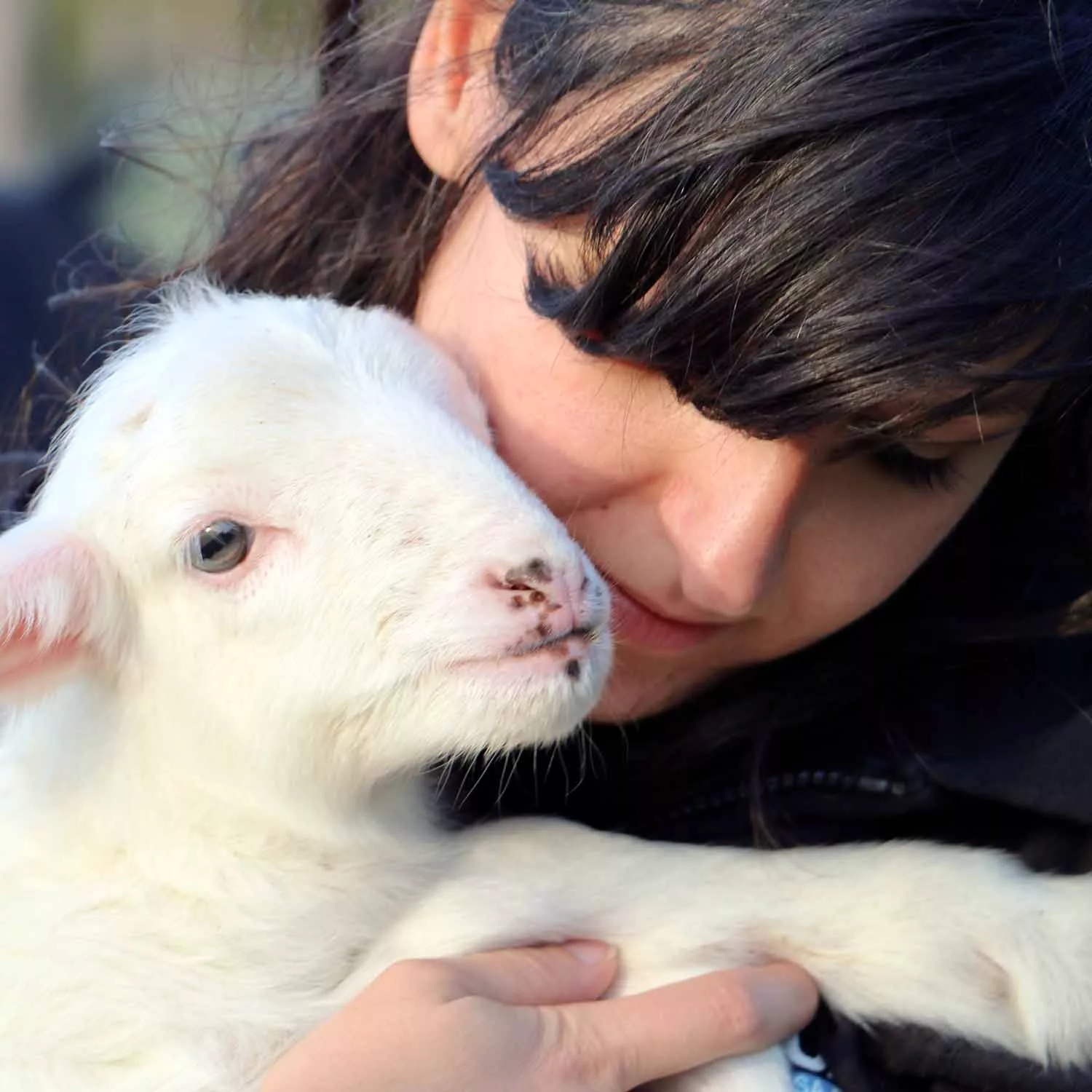
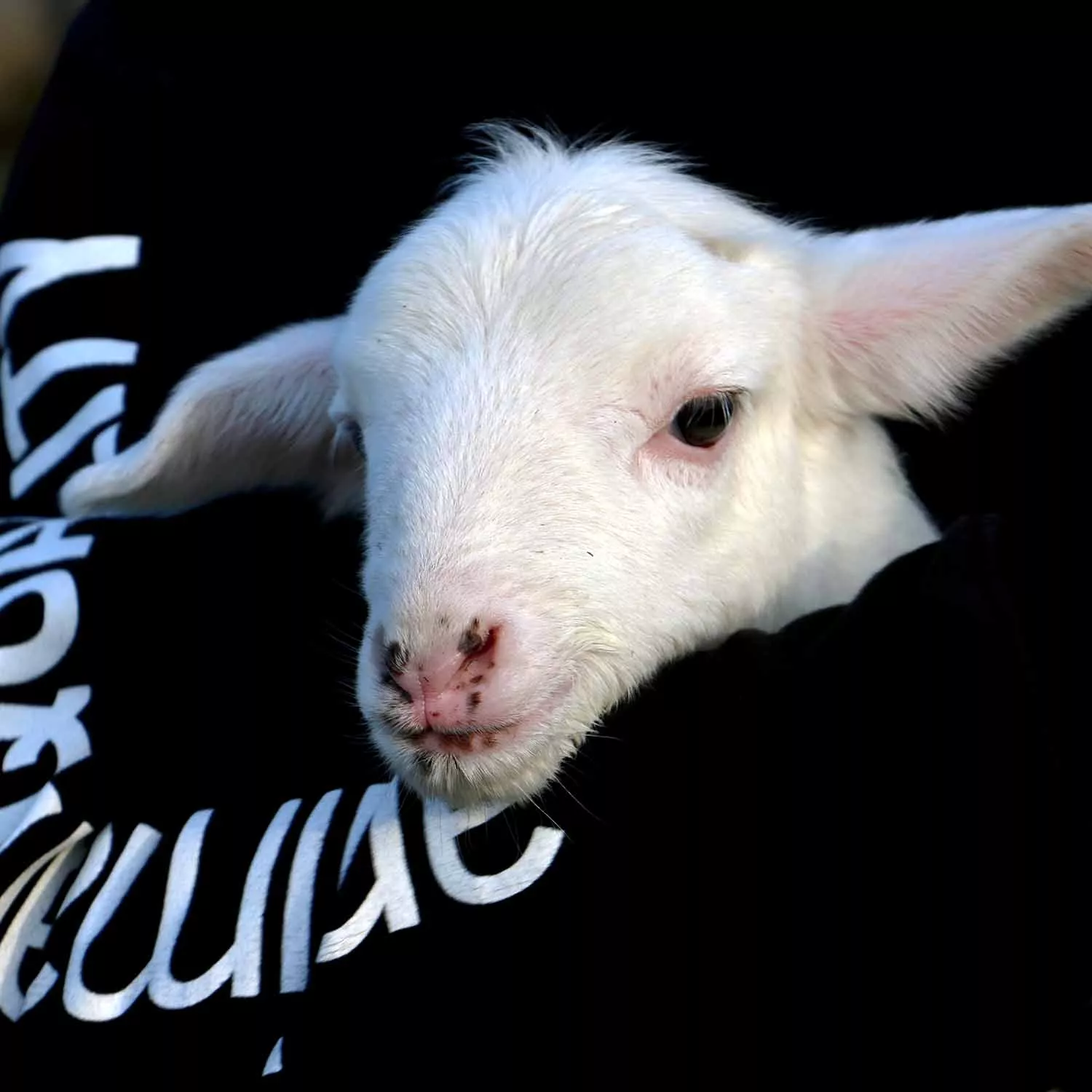
August 2016: Animal Equality’s investigators rescued a weak, young bird from a British chicken farm named Gloria. Among hundreds of abandoned chickens left to die, our investigators found her among the piles of corpses, despite the cold and darkness. Now Gloria can live her life in the sunshine.
December 2017: Animal Equality rescued four chickens from a factory farm in Germany. The meat industry intentionally breeds these chickens to grow as much as possible in the shortest time. Within a mere 35 days in today’s factory farming conditions, these birds can attain a weight of five pounds. Observing their injuries and inability to walk, Animal Equality intervened, relocating them to a sanctuary. They received the necessary care to heal and lead healthier lives.
You can help animals, starting today!
Open rescues’ transparent and compassionate approach raises awareness, influences legislation, and fosters a more compassionate society.
While navigating legal challenges, the open rescue movement stands as a beacon of hope, inviting individuals and organizations to actively protect animals and expose the meat, egg, and dairy industries.
By joining our Love Veg project and encouraging friends to do the same, you can create a positive change that aligns with the values of open rescues. In your next meal, consider swapping animal-based products such as meat, dairy, and eggs for plant‑based options.
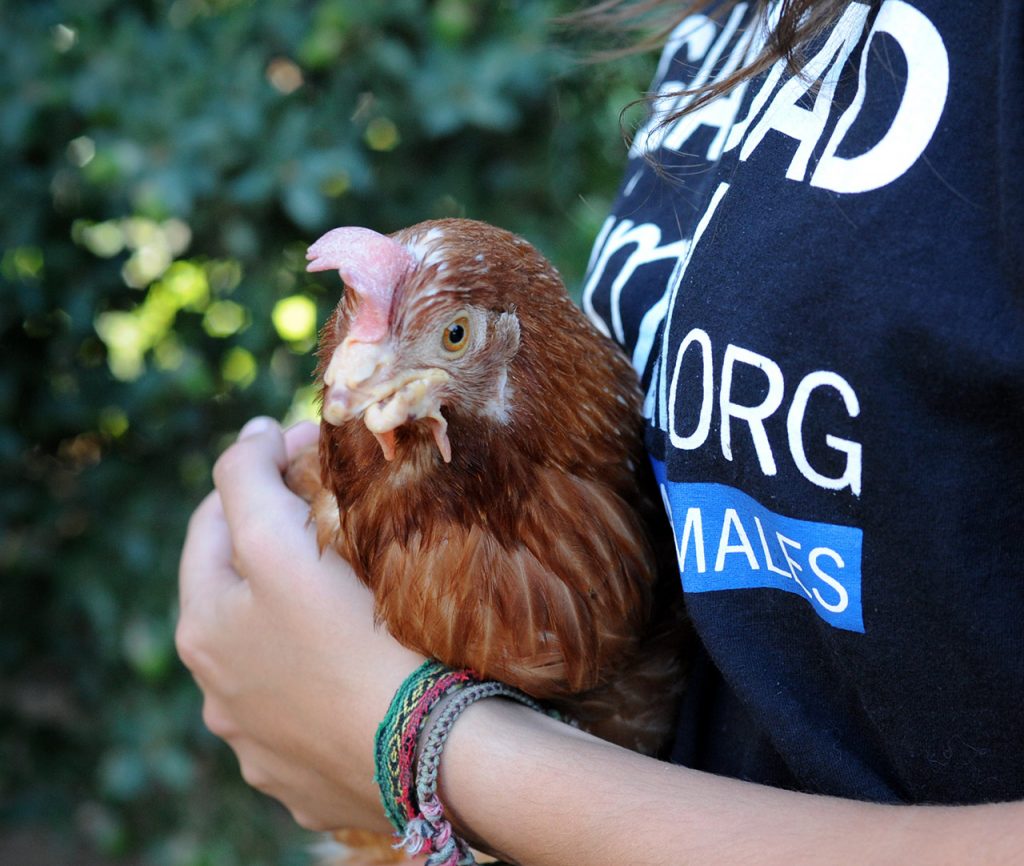
LIVE KINDLY
With rich emotional lives and unbreakable family bonds, farmed animals deserve to be protected.
You can build a kinder world by replacing animal food products with plant‑based ones.
Photographies of Animal Equality’s rescue of 5 hens by Jo-Anne McArthur | Animal Equality

